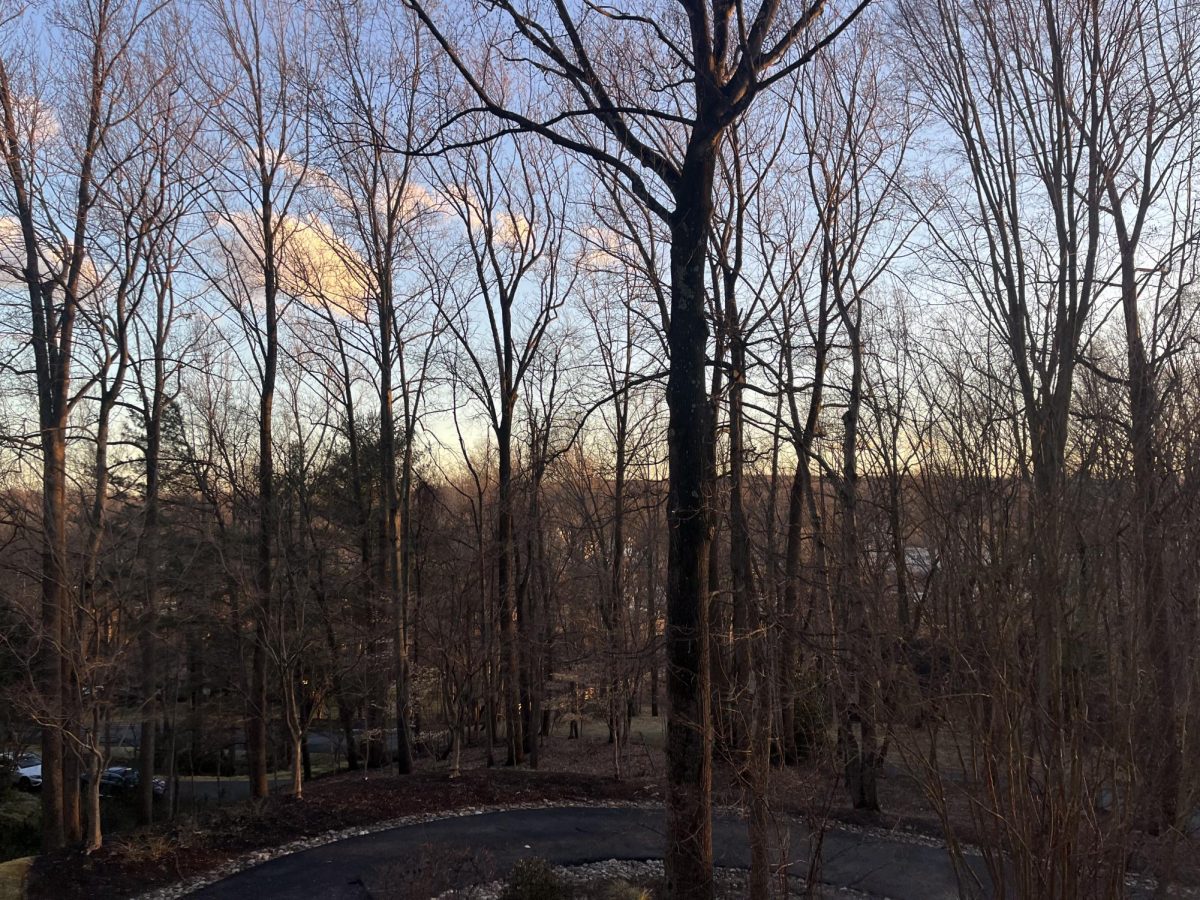While it is still winter in the U.S., in Israel spring is beginning, and as such Tu B’Shvat is approaching. Tu B’Shvat, the new year of the trees, is one of the four Jewish new years. This year it occurs on Feb. 13, here are some ways to celebrate.
One of the most traditional ways to celebrate Tu B’Shvat is to plant a tree. If you are looking to plant a tree, but do not have one easily accessible, you can plant one through the Jewish National Fund (JNF). The JNF offers a tree planting service in Israel, where you can pay to have a tree planted in your name.
Additionally, many people celebrate the holiday by engaging in conservation efforts. Easy ways to do this include recycling and participating in litter pickups in parks with the Department of Environmental Protection.
As it is the new year of the trees, another common practice is to spend time in nature during the holiday. My favorite way to do this is by hiking. Some of the best hiking spots in the area include Rock Creek Park and the Billy Goat trail.
Lower school students often celebrate Tu B’Shvat with a Seder, during which they eat different kinds of fruits and drink four cups of grape juice to represent the four seasons. While there are not many specific rules regarding Tu B’Shvat Seders, they generally revolve around this practice of drinking four cups of wine. Seders are a great way to commemorate the holiday while also spending time with family and friends.
If you don’t have enough time for a Seder, a common way to celebrate Tu B’Shvat is to simply eat fruit and say the blessing, borei pri ha-aitz. There are typically seven species that are eaten on Tu B’Shvat: wheat, barley, grapes, figs, pomegranates, olives and dates. These seven products are often eaten because of their significance to the Jews in the temple era, as they were often being brought for sacrifices.
For those looking to partake in a community event, options range from Seders to communal hikes. While slightly after the holiday, Washington Hebrew Congregation is hosting an event on Feb. 23, where community members can come together to learn about the diverse agriculture of Israel. Additionally the Jewish Mosaic Outdoor Mountain Club of MD and Friends group is hosting a meetup in the U.S. Botanic Gardens on Feb. 16.
Tu B’Shvat might not be a major holiday like Passover or Rosh Hashanah, but there is a lot of meaning that can be found within it, making it an important holiday to celebrate. Even if it’s just by taking a hike or trying a fruit, I encourage you to commemorate the day in some way.















